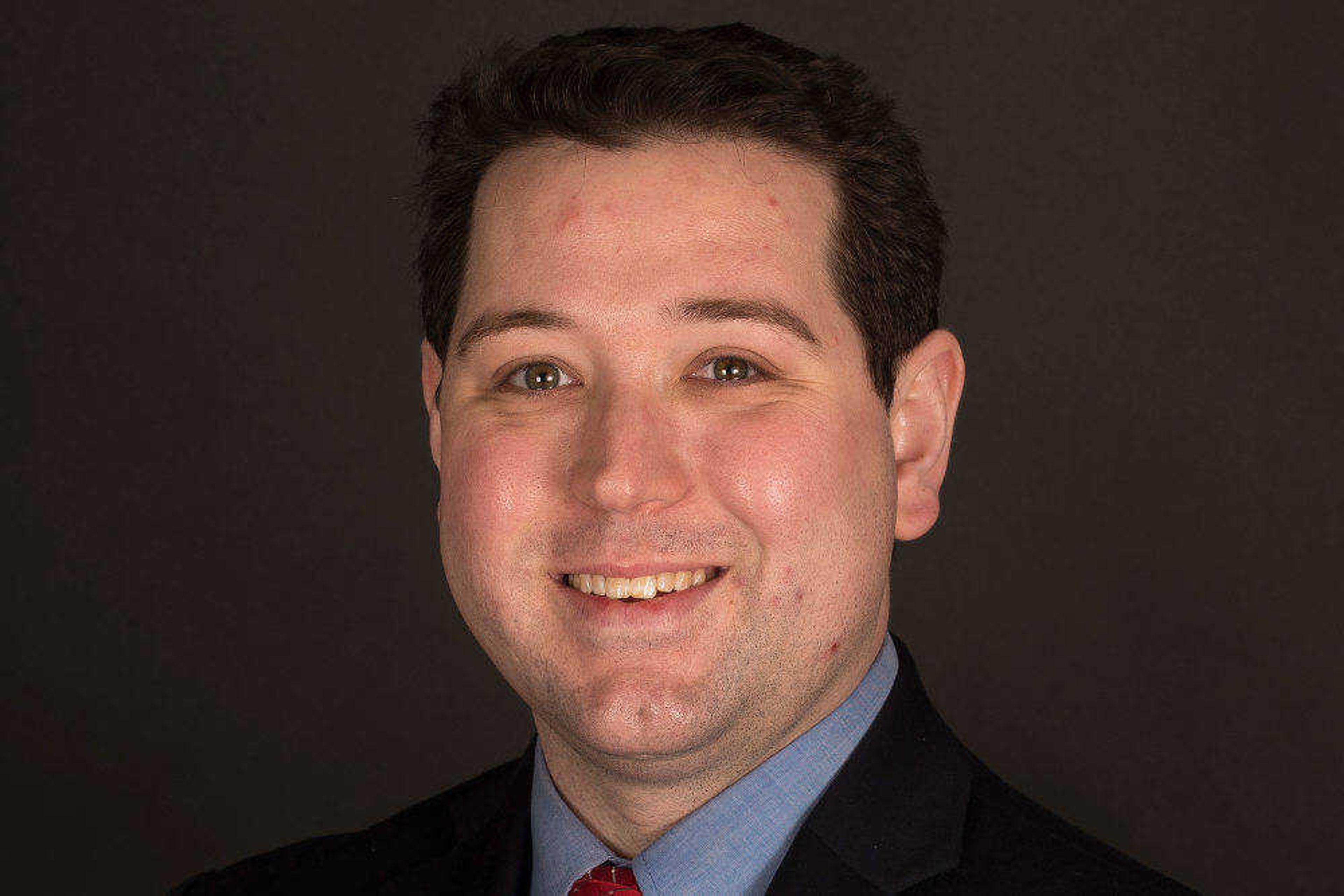52 Sprints are Better Than a Marathon
This is the Progress Edition of B Magazine, our annual look at what�s moving forward in our regional economy and the businesses that play a vital role. In addition to profiles of businesses doing important work in southeast Missouri, you�ll find stories about workplaces that inspire progress through their culture, environment and people...
This is the Progress Edition of B Magazine, our annual look at what�s moving forward in our regional economy and the businesses that play a vital role. In addition to profiles of businesses doing important work in southeast Missouri, you�ll find stories about workplaces that inspire progress through their culture, environment and people.
In the spirit of progress, consider this question: in what areas of your life � personal or professional � do you want to progress?
I am a Type A personality. With that comes a desire to always grow, improve, learn. This comes in any number of forms, ranging from reading Scripture to listening to a favorite podcast to hearing great talks that challenge me to think about things in a different way.
That was the case for me this past year at the Global Leadership Summit. Marcus Buckingham, the famed author and leadership guru, spoke about performance evaluation, based on his 2015 Harvard Business Review article titled �Most HR Data Is Bad Data.�
In his article, Buckingham discusses the idea of the Idiosyncratic Rater Effect. When completing an annual performance evaluation, we don�t evaluate the same way. It�s a subjective exercise that does not contribute, in many cases, to improved performance of the team member because it reflects more about the team leader�s rating pattern than it does about the work of the team member.
�The research record reveals that neither you nor any of your peers are reliable raters of anyone,� Buckingham writes in his HBR article. �And as a result, virtually all of our people data is fatally flawed.�
Speaking at the summit, Buckingham shared research on the top eight statements around building the best teams. The questions can be broken into four categories: purpose, excellence, support and future.
Purpose
1. I am really enthusiastic about the mission of my company.
2. At work I clearly understand what is expected of me.
Excellence
3. In my team, I am surrounded by people who share my values.
4. I have a chance to use my strengths everyday at work.
Support
5. My teammates have my back.
6. I know I will be recognized for excellent work.
Future
7. I have great confidence in my company�s future.
8. In my work, I am always challenged to grow.
Buckingham suggests a model similar to Facebook�s culture � one size fits one.
This takes the focus back to the individual. It�s not about feedback, something Buckingham compares to throwing a grenade. It�s about attention.
�We want attention,� Buckingham said at the Global Leadership Summit. �And in particular, we want coaching attention.�
So what do we as leaders do to ensure that our employees will strongly agree with the above statements? The answer, per Buckingham, is frequent strengths-based check-ins about near-term work.
These are weekly, one-on-one meetings with team members. The leader asks two questions: what are your priorities this week, and how can I help?
Buckingham paints the picture of 52 sprints. For leaders, it�s our job to ensure that sprint number 37 is focused as much as sprint number one.
Since the fall, I�ve incorporated this practice into my work. I find it is not only helpful for those who report to me, but also a force for good that keeps me focused on important issues.
If you�re in a leadership position � and at some level we all are leaders � consider what progress you can make with your team.
Connect with the Southeast Missourian Newsroom:
For corrections to this story or other insights for the editor, click here. To submit a letter to the editor, click here. To learn about the Southeast Missourian’s AI Policy, click here.






